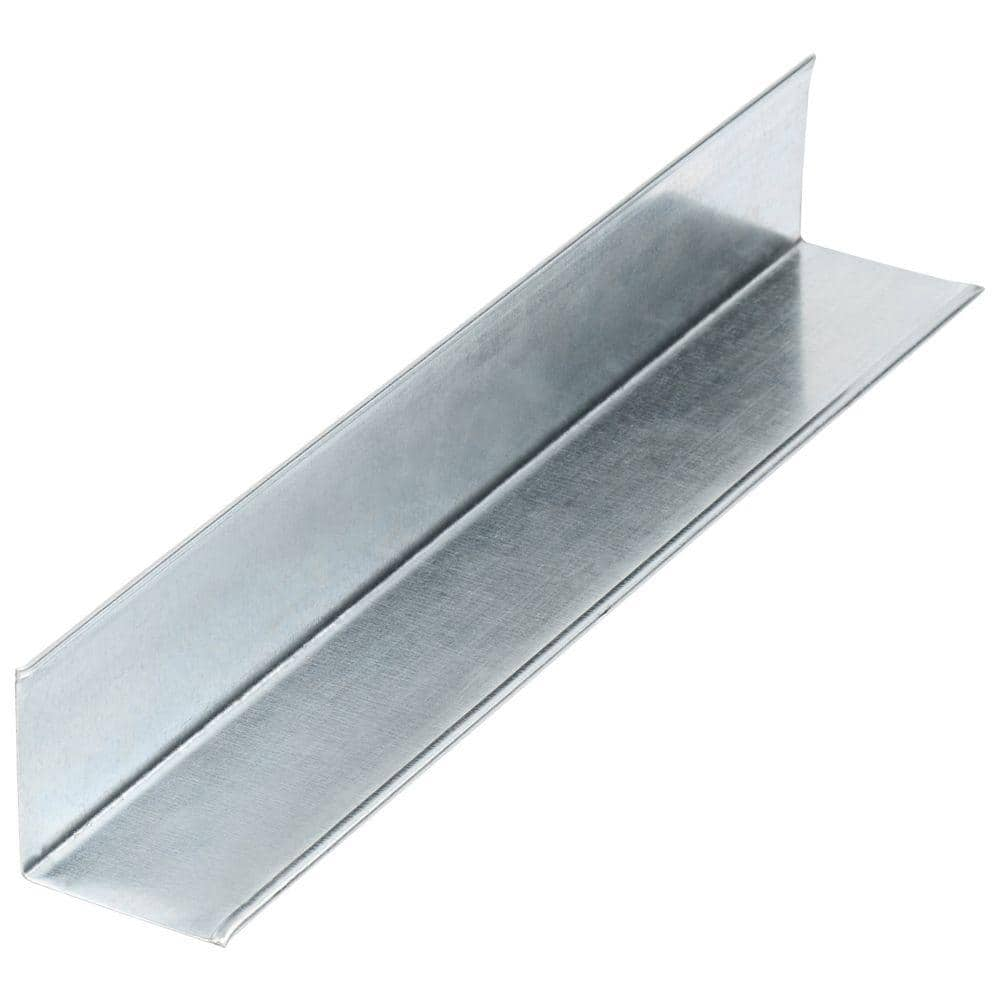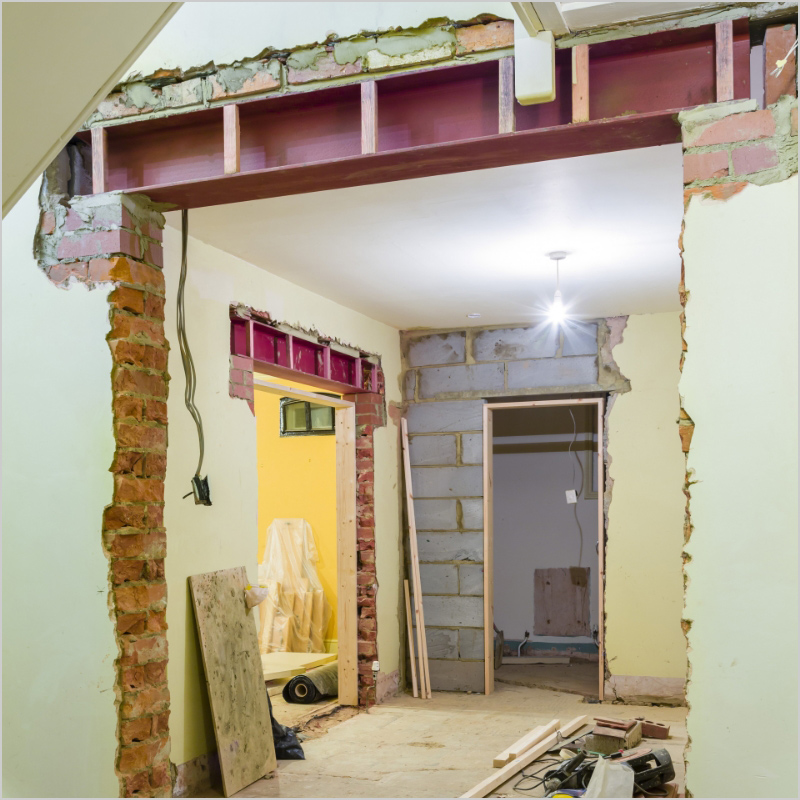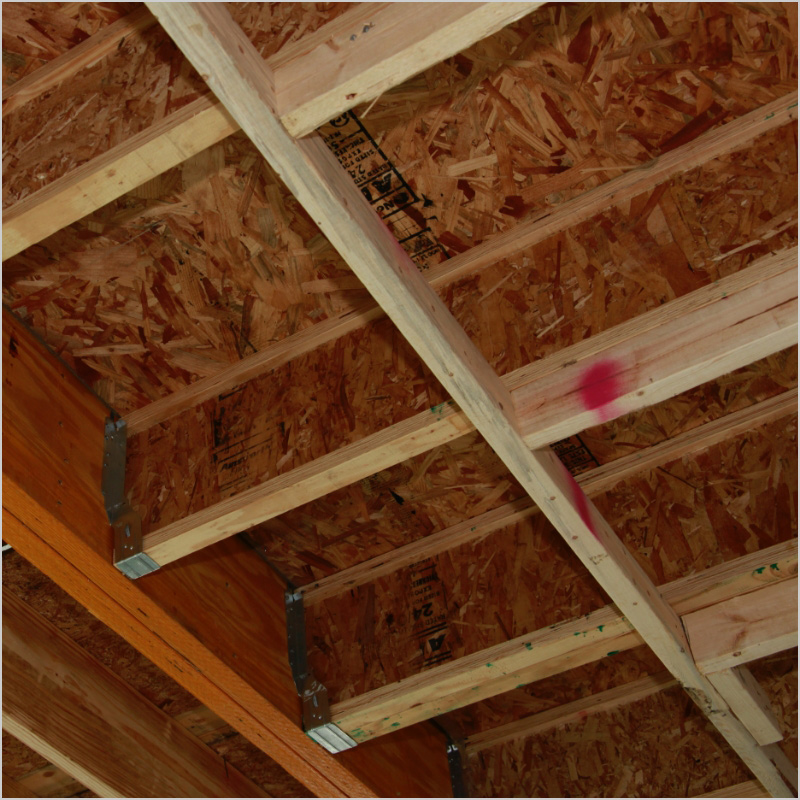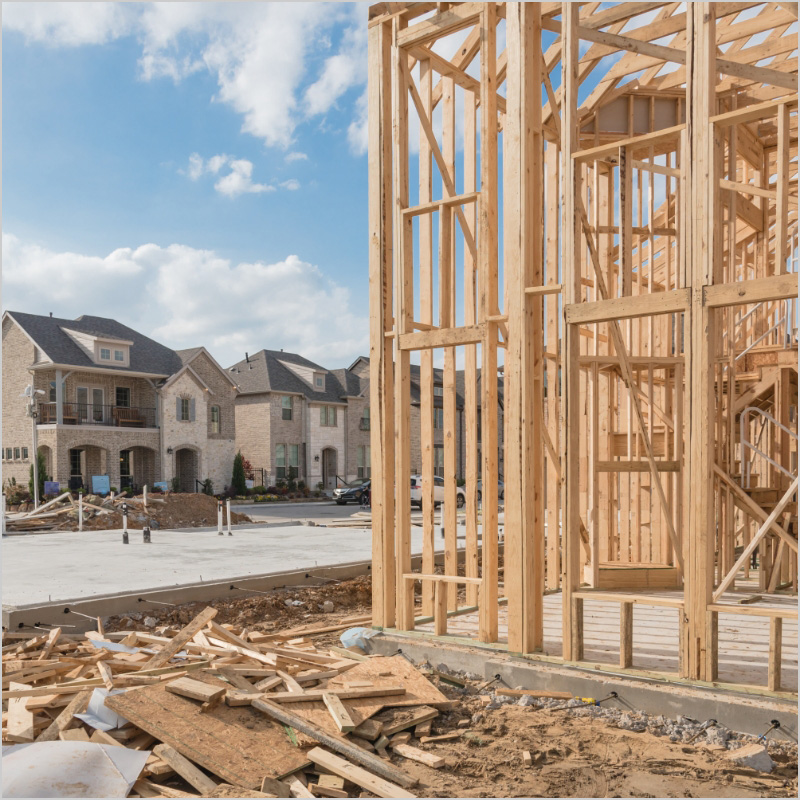Metal Studs vs. Wood Studs
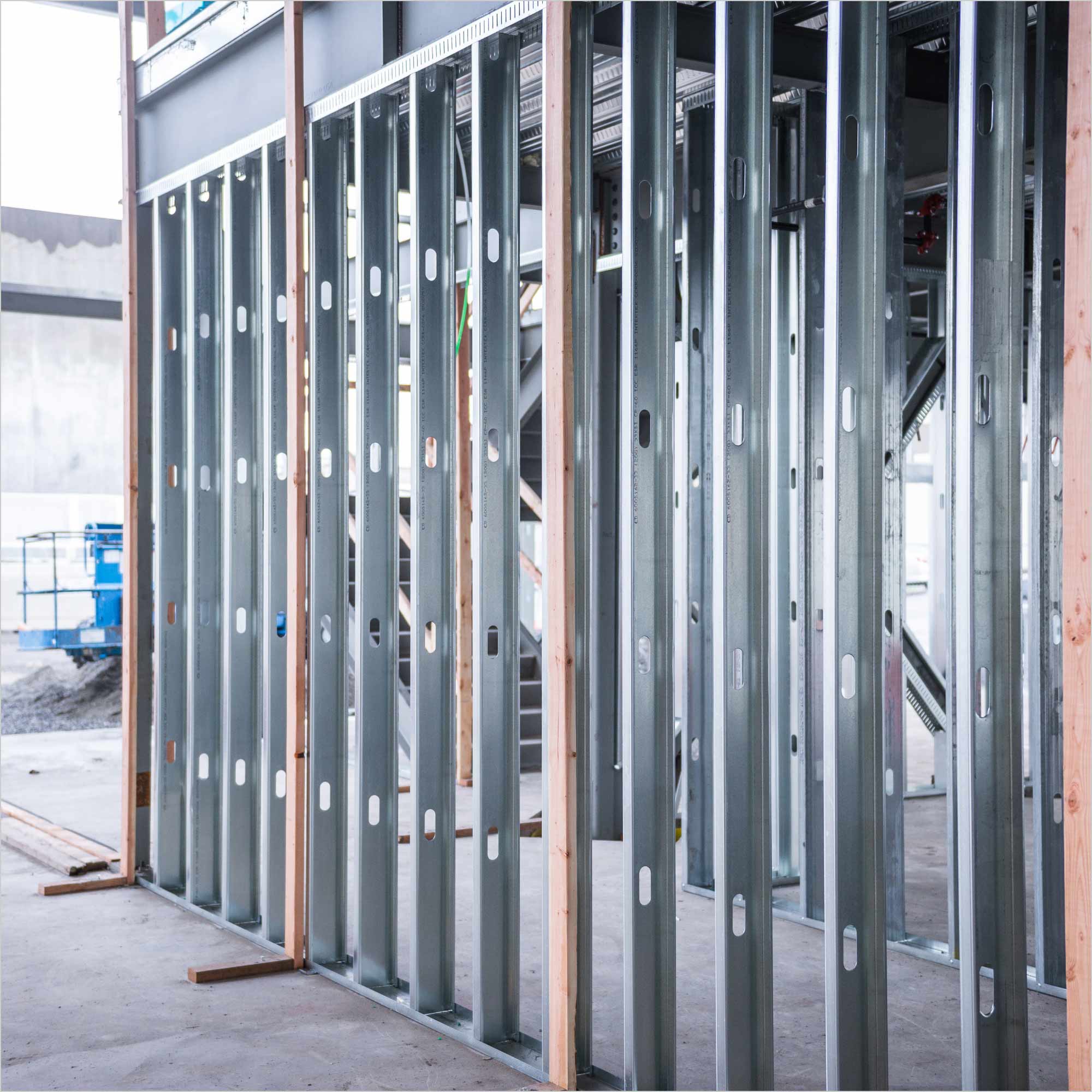
Last updated August 12, 2024
Builders consider the frame to be the skeleton of a house, making the studs some of the most important bones. Framing studs ensure that the walls are sturdy and the house retains its value.
While homes are traditionally framed with wood studs, metal studs are becoming an increasingly popular option. This guide reviews the qualities of metal studs vs. wood studs for framing a house.
Table of Contents
Using Wood Studs for Framing
Using Metal Studs for Framing
Wood Studs vs. Metal Studs Price
More Tools. More Products. More Perks.
Using Wood Studs for Framing
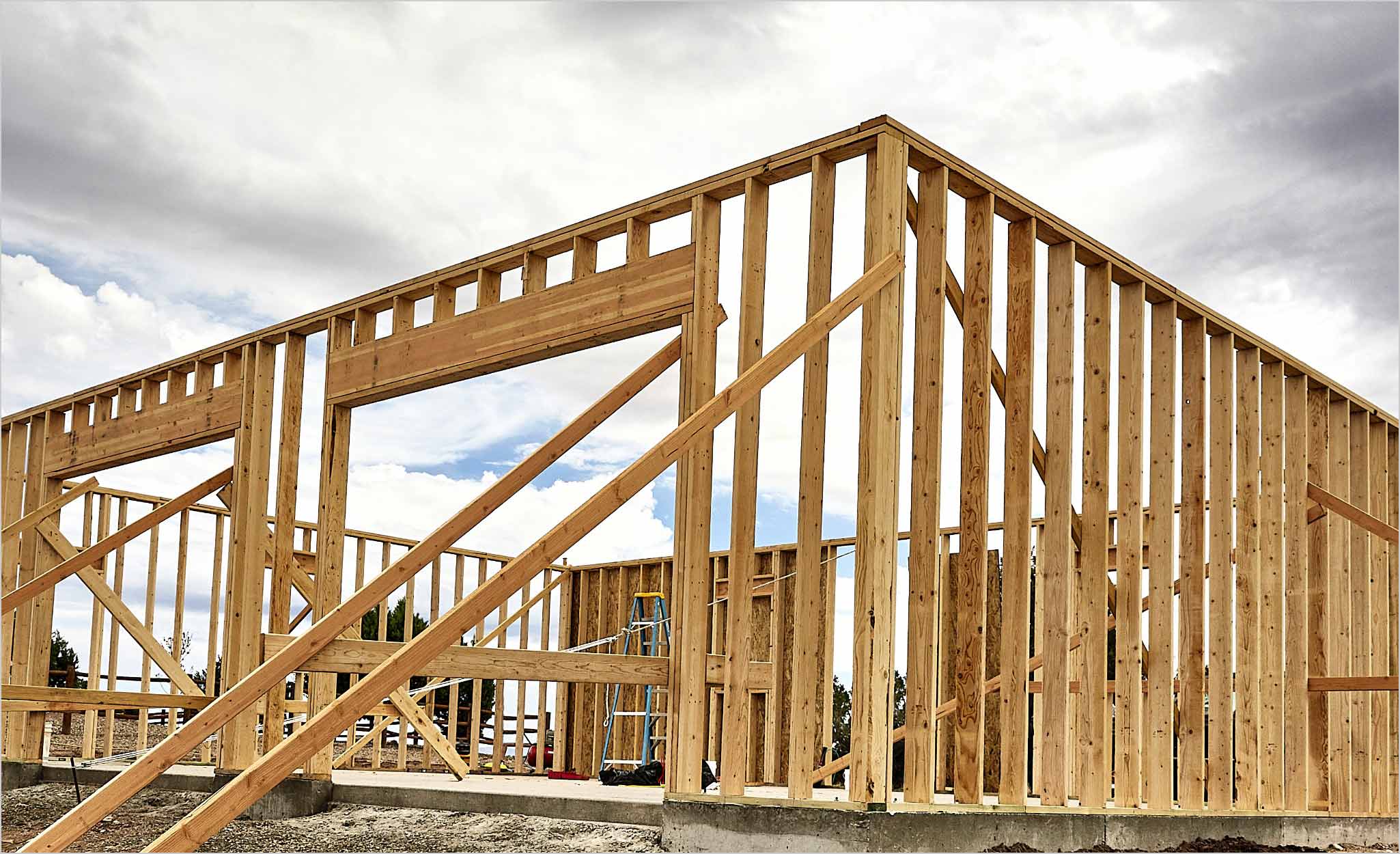
Framing lumber is the most common material for residential construction. Softwoods are often used in wood studs. The strength, durability and comparatively low price of Douglas fir make it one of the most popular options.
Wood studs have these features and considerations in residential framing:
- Wood studs are heavier, stronger and can support more weight than most metal studs.
- Wood studs are easy to source, and contractors will have more experience working with them.
- Lumber is easy to cut and does not require specialized tools. The flexibility of wood is ideal for house framing designs that require specialized lengths or shapes.
- Wood does not conduct electricity, making it preferable when attaching electrical boxes between studs and door frames.
- Wood can be fastened with framing nails, which are less expensive than screws.
- Wooden studs support nails driven into the frames of walls, doors or windows, providing more options for hanging decorations or other objects.
Using Metal Studs for Framing
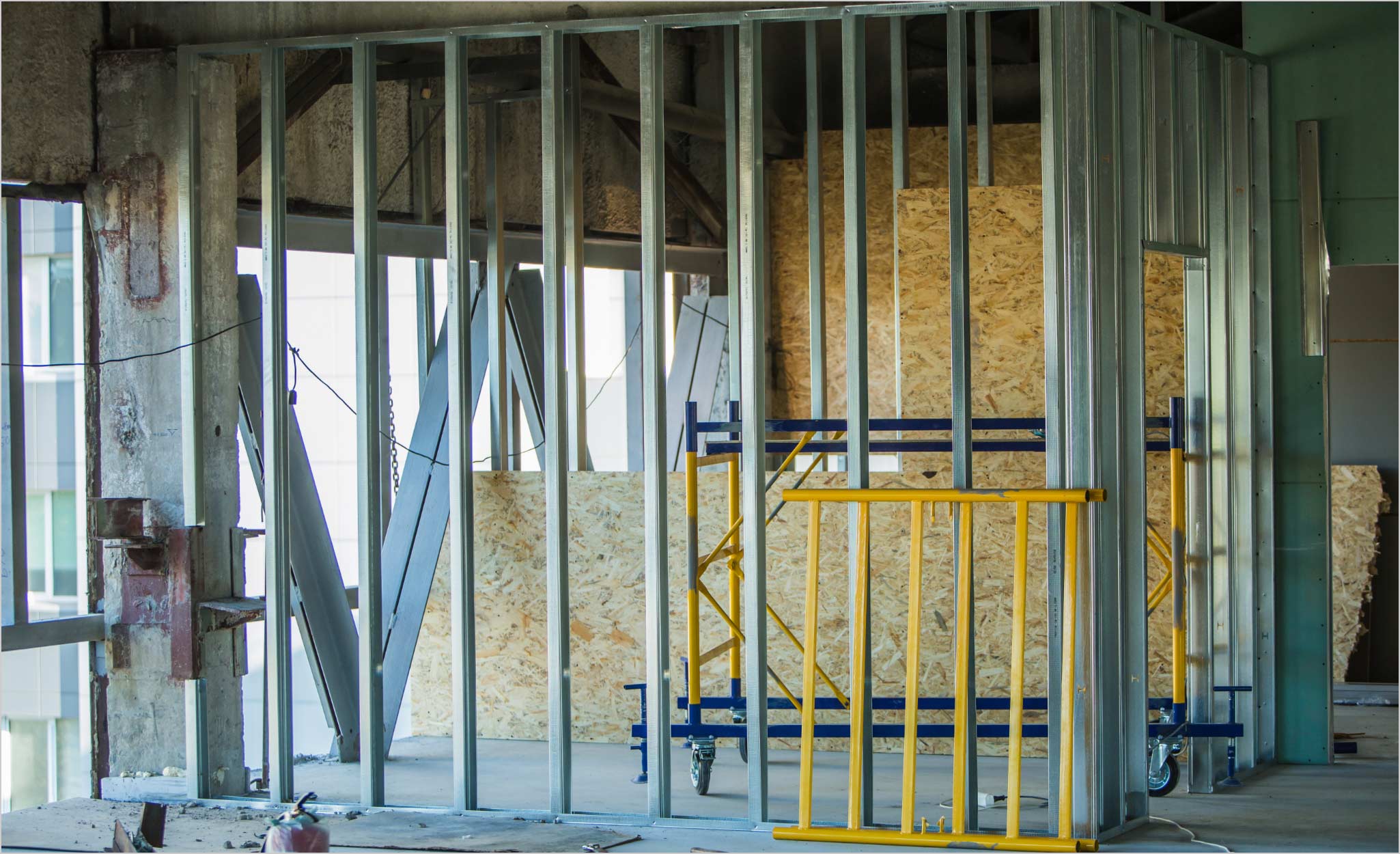
Lightweight steel framing is used more often in commercial construction. It has become increasing popular to use metal studs for residential construction as well.
Standard metal stud sizes include lengths of 10-14 feet and the following widths:
- 1 5/8-inch width
- 2 1/2-inch width
- 3 5/8-inch width
- 4-inch width
- 6-inch width
Metal studs are usually made of 25-gauge steel and often come with knockouts for electrical cables.
Metal studs have these features and considerations in residential framing:
- Metal studs are highly durable and will not bow, warp or rot.
- Galvanized metal studs resist water and fire damage, making them ideal for bathrooms, basements and other areas prone to moisture.
- Metal studs are non-combustible, providing improved fire ratings and insurance benefits in some areas. Metal also provides insurance benefits by withstanding natural disasters like floods or hurricanes more effectively.
- Metal studs are resistant to termites and can reduce pest control costs.
- Metal studs have uniform size and quality, making them less likely to have flaws or imperfections that can lead to wasted materials.
- Metal studs are lighter in weight than wood studs, making them easier to transport. They often require less space for storage.
- They can only be used with drywall screws, which can make construction more complicated but leads to more stable frames.
- Metal has higher thermal conductivity, which can increase cooling or heating costs. Homes with metal frames require special insulation such as extruded polystyrene. In the long term, this can lead to better insulated, more energy-efficient homes.
- Metal studs are more difficult to cut, requiring a circular saw or miter saw with a metal-cutting blade, as well as metal snips.
Pro Tip: Heavy gauge metal studs can be used for load-bearing walls, but these can be more expensive and harder to source than standard metal studs.
Wood Studs vs. Metal Studs Price
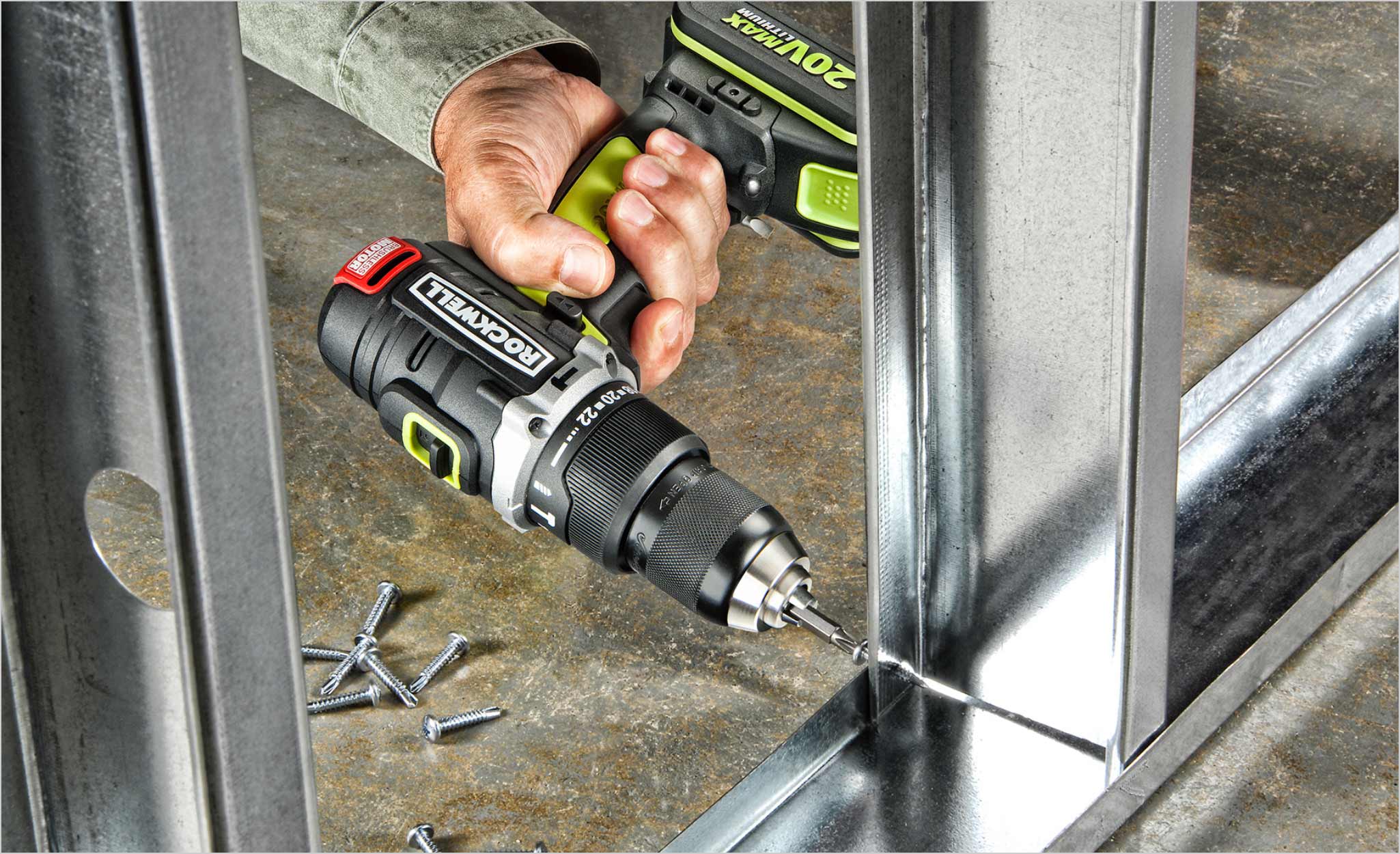
Comparing the costs of metal studs vs. wood studs requires several considerations.
- Wood studs are generally less expensive than metal studs. Market fluctuations in the price of wood can make the metal studs’ price more competitive.
- Metal studs can only be used with screws, which cost more than framing nails.
- The consistency and uniformity of metal studs means that fewer will have flaws, meaning there will be fewer materials wasted or left over, making them more cost efficient.
- Over time, wood studs can warp or rot, so they can require repair and replacement.
- Metal studs last longer and are less likely to require spending on maintenance or pest control.
More Tools. More Products. More Perks.

Be more competitive and boost your bottom line with Pro Xtra, The Home Depot's loyalty program built for Pros. Sign up today to access the enhanced Pro Online Experience, built with the online business tools and time-saving features Pros need.
Authorize employee in-store purchases quickly and securely via text. When Pro Xtra members enroll in Text2Confirm, you have total visibility to a detailed list of everything your employee is buying.




